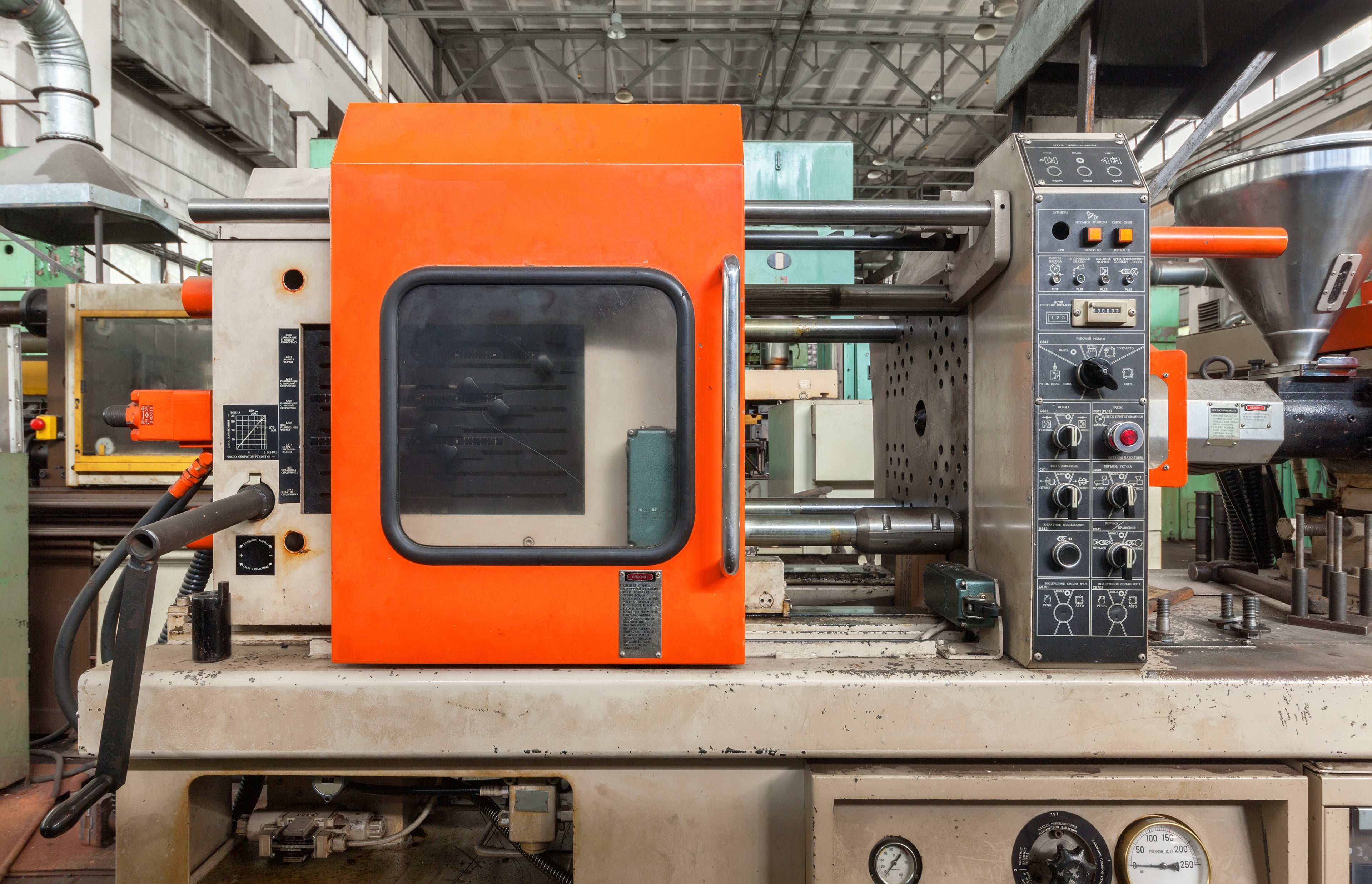Choosing the right manufacturing partners can make or break your product’s success. With the right partners, you can achieve cost, timeline, and quality goals and perhaps even have the opportunity to innovate together. Getting things wrong can result in cost overruns, missed deadlines, defective deliverables, or worse. The critical nature of working with the right manufacturer is why firms must conduct exhaustive searches and extensive research to find the perfect—or perfect enough—match.
For brands interested in more sustainable manufacturing processes that include use of ocean plastics, even more care is required in the vetting process. Since many manufacturers don’t have a lot of experience with this feedstock, they may be unwilling or unable to work with it. To assess whether your current or potential manufacturing partners have what it takes to create quality ocean plastic products, here are some helpful hints and recommendations:
Get to know your existing materials
If you’re currently manufacturing products with virgin resin or another type of recycled plastic, it’s important to understand where you’re starting from. Knowing the technical properties of your existing materials will help take the guesswork out of determining which ocean plastics may be a good match for your needs.
Ask your current suppliers for a technical data sheet (TDS) for each material they’re currently utilizing. TDS’s describe all the properties of that feedstock, covering everything from chemical resistance to tensile strength to flammability. This information will narrow things down and help you compare your options to what’s currently in use.
Get to know your new materials
Just as you must know what you’re currently working with, you need to know the details of your future recycled ocean plastic material as well. If you’re hunting for a new material using the Oceanworks Marketplace, there is already a TDS available for each material.
You can use these TDS’s to compare what you’re using today with what you’re considering for the future. Depending on the application, special attention must be paid to properties such as the melt flow index (MFI) or density to ensure the material is a good match.
Your manufacturer will need all this information as they assess and plan their process for working with this new material to produce your goods.
Is the manufacturer experienced with recycled plastic?
While recycled plastic is just as capable of meeting many of the same requirements as virgin feedstock, there are some minor considerations and modifications that manufacturers sometimes must make.
Therefore, even if a manufacturer doesn’t have a track record with ocean plastic, it’s helpful to know if they’ve ever used any kind of recycled plastic in the past. While ocean plastic comes with its own specific quirks, it’s a far easier transition for a manufacturer with some experience using any kind of recycled plastic than one who has exclusively used virgin material.
If they have used post-consumer recycled (PCR) material in the past, delve into their experience. If they view it positively and have done significant business using that material, then the nuances of incorporating ocean plastic shouldn’t be too challenging. But if they haven’t dabbled in the space at all or don’t have great things to say about their experiences, they may not be the best fit.
Assess the manufacturer’s ability to manage imported material
Many manufacturers who typically rely on virgin feedstock may be accustomed to relying on a simple supply chain involving only domestic suppliers. Recycled ocean plastic materials are sourced from all over the globe and often require an imports process with which the manufacturer may not be familiar.
Ask your manufacturer about what they’ve imported before, how successful those transactions were, and their comfort level for importing recycled ocean plastic on your behalf for your project. Obviously manufacturers who are seasoned veterans of this process will likely pose a lower risk if selected, but even those newer to the recycled importing world should still be considered if they’re open and excited about the opportunity to broaden their capabilities and diversify their use of materials. Manufacturers who are new to importing recycled plastics need to be willing to take the lead and dedicate the necessary resources to working out the details on the first few orders. If they seem hesitant or negative about embarking on this journey, it might make sense to look elsewhere.
Suggest a sample run
There’s no better way to truly assess the viability of a manufacturer than having them actually do a trial run for your product using the same material you plan using at scale. The Oceanworks Marketplace helps accelerate this process by offering a turnkey solution for requesting and delivering feedstock for sample runs directly to your manufacturers.
Following a trial run, the manufacturer will have a better understanding of what they’re getting into and can determine if any adjustments may be needed. Likewise, you’ll be able to properly judge the quality of your manufacturer’s output and determine whether this manufacturer is the right fit for the project.
These tests are an inexpensive way to create confidence for all parties that the manufacturer can work with the selected material and that the output meets your brand’s expectations and requirements.
Don’t be shy
Not everyone is comfortable asking all these upfront questions, but there’s a huge benefit to doing your due diligence. Your manufacturing partners play a huge role in the success and profitability of your business operations and should be thoroughly reviewed before any contracts are signed or major changes are made to the manufacturing process...including a switch to ocean plastic.
These long-term relationships thrive with transparency and trust but fail when parties aren’t forthcoming with their questions and concerns. If one manufacturer isn’t comfortable working with ocean plastic, the best bet is to seek an alternate partner.
Selecting ocean plastic for your products is a great choice for so many reasons. Make sure your manufacturer choice is equally as sound.
